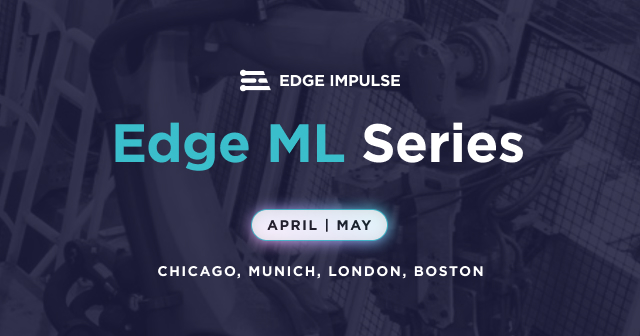
AI: A Good Tool to Combat Bad Actors in Healthcare
AI can be a highly effective tool for plans aiming to reduce fraud, waste and abuse, but only if it is combined with investigative intelligence.

AI can be a highly effective tool for plans aiming to reduce fraud, waste and abuse, but only if it is combined with investigative intelligence.

No one AI technology will address everything and solve all problems, so systems should prioritize those that promise the greatest value and ROI.

In a landscape where complexity has long been the norm, the power of one lies not just in unification, but in intelligence and automation.

By integrating digitization and machine learning, there is an opportunity to deliver personalized care to all patients and scale precision dosing with minimal physician involvement, maximizing the effectiveness and accessibility of these drugs.

The disdain for fax in all its forms isn’t new. But at a time when small healthcare organizations struggle to afford an EHR, the question remains: Who are the digital haves to judge the digital have-nots?

GenAI will help healthcare reach its destination of efficiency and superior outcomes, but we can’t lose sight of the need for human touch, quality interactions and data to navigate us forward.

Is it possible to be pro-human and pro-tech at the same time when it comes to our healthcare?

Focusing on these areas can help healthcare organizations reduce the incidence of denials, optimize revenue cycle performance and enhance overall patient satisfaction.

The combination of technology and cross-functional collaboration allows providers to address denials and achieve optimal revenue performance.

The new era of full-stack compute-enabled bio companies will drive incredible advances in human health.

Despite artificial intelligence’s growing role in drug research, a fully AI-generated molecule has yet to advance from discovery all the way through clinical development. A novel molecule may eventually meet that goal, but some industry observers say it’s too early to focus on winning a race that has many twists and turns yet to come.

Don’t bet so big on AI solutions with “someday potential” that you ignore tools that can solve challenges and generate ROI now. Here are five critical AI investments that provide “right now” value for health systems, clinicians and patients.

Biopharma companies are harnessing AI tools for multiple aspects of drug development such as identifying drug development targets, modeling a drug's effect on the body, and more.

Many experts think technology will help mitigate healthcare's burnout crisis and workforce shortage, but the healthcare industry still has a lot to figure out when it comes to choosing which tools to deploy and getting its workers on board with these new tools, according to a new report from GE HealthCare.

Invite-only, in-person event series for industry leaders like you. Join us to uncover product and ML innovation with our guests and speakers.

No matter how much data the AI has on you, missing is the personal relationship. Emerging tech, wearables—all that is great. But at the end of the day, so much of it still depends on interpersonal relationship building and leveraging, adding an intelligence layer to the loop.